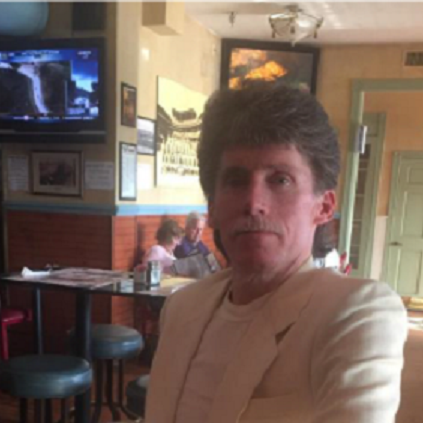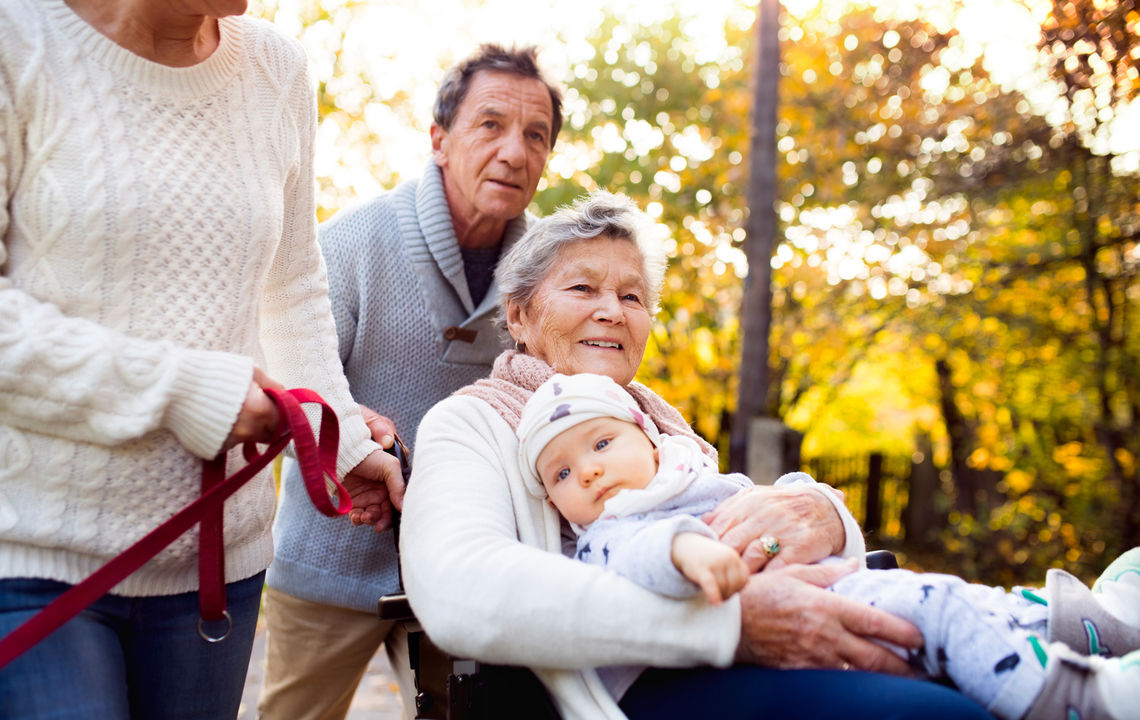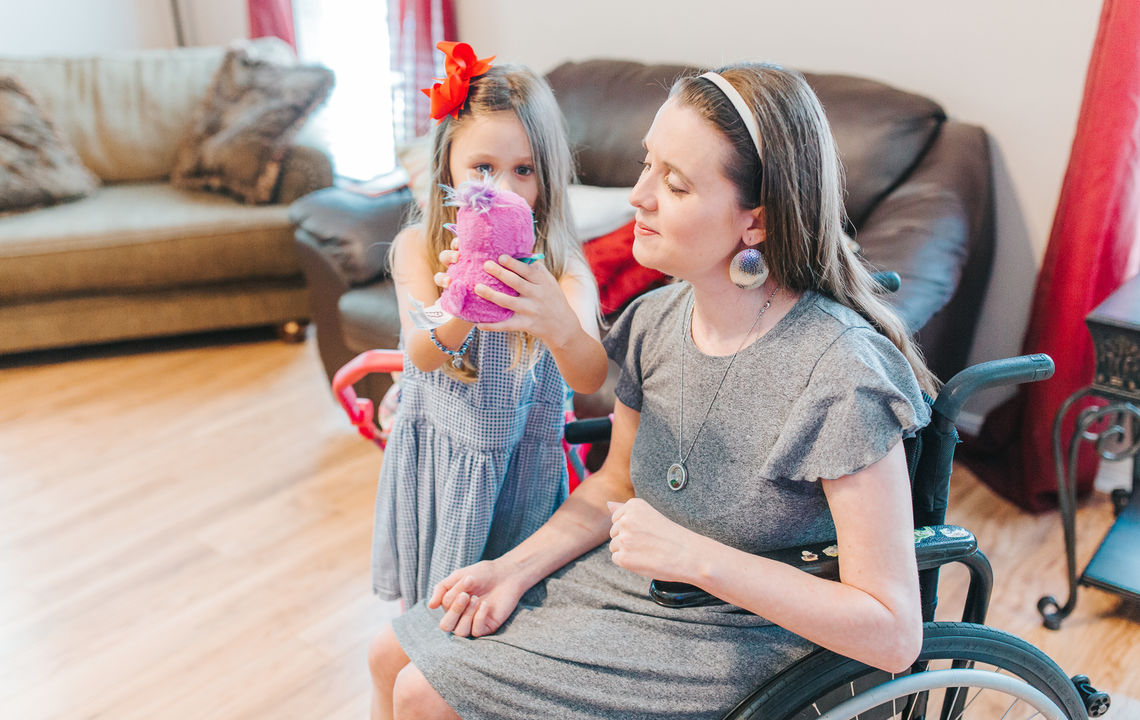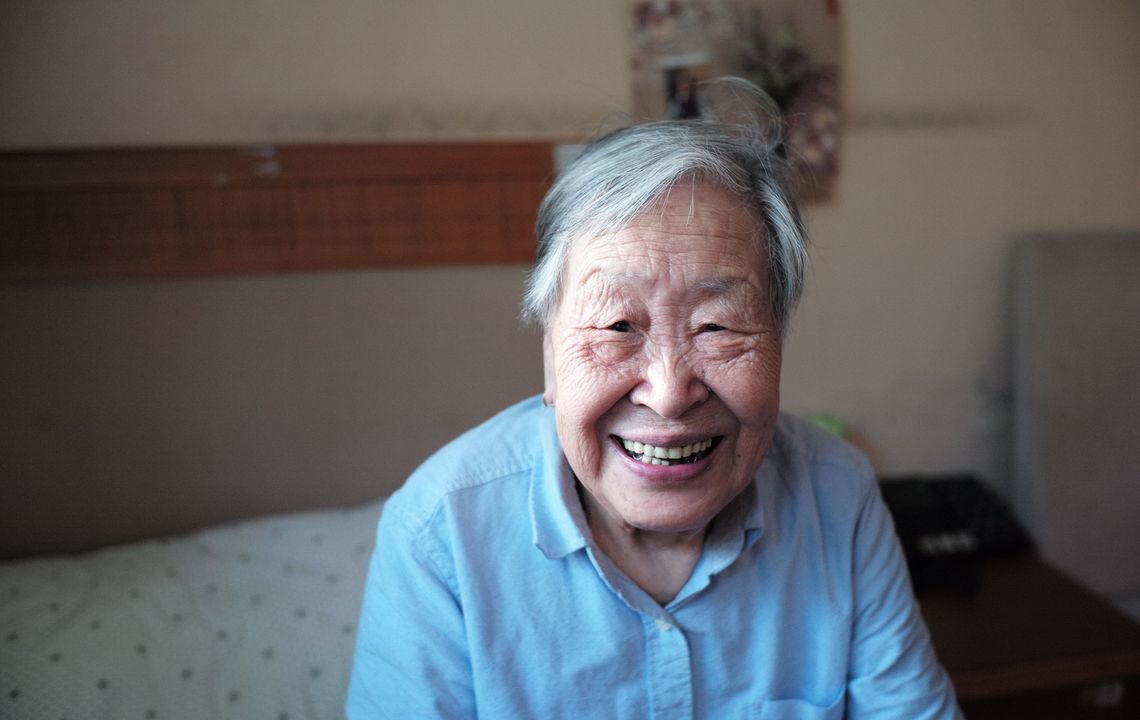
Community HealthChoices (CHC) is Pennsylvania’s mandatory managed care program for people over 65 and adults 21-64 with physical disabilities. CHC participants, who include dual eligibles as well as people in certain HCBS programs, select a managed care plan (a CHC Plan) to deliver their medical assistance benefits. In addition, for participants who require long term care, the CHC Plan covers a full range of home and community-based services and may support nursing home care if needed. CHC plans aim to provide better coordination between physical health providers, home and community-based services, and Medicare.
PHLP has been actively monitoring CHC and serving as a leading advocate for CHC participants since before its implementation in January 2018. PHLP advocates on behalf of CHC participants in a number of settings, including workgroups with state officials and appeals against CHC plans on behalf of individuals.



